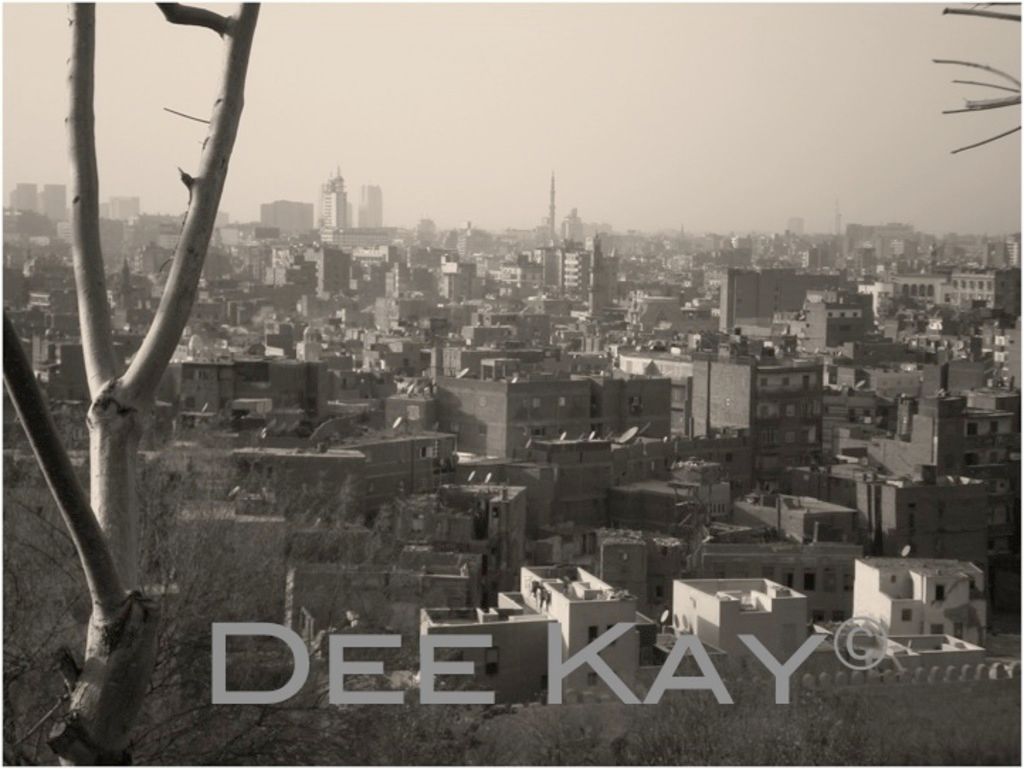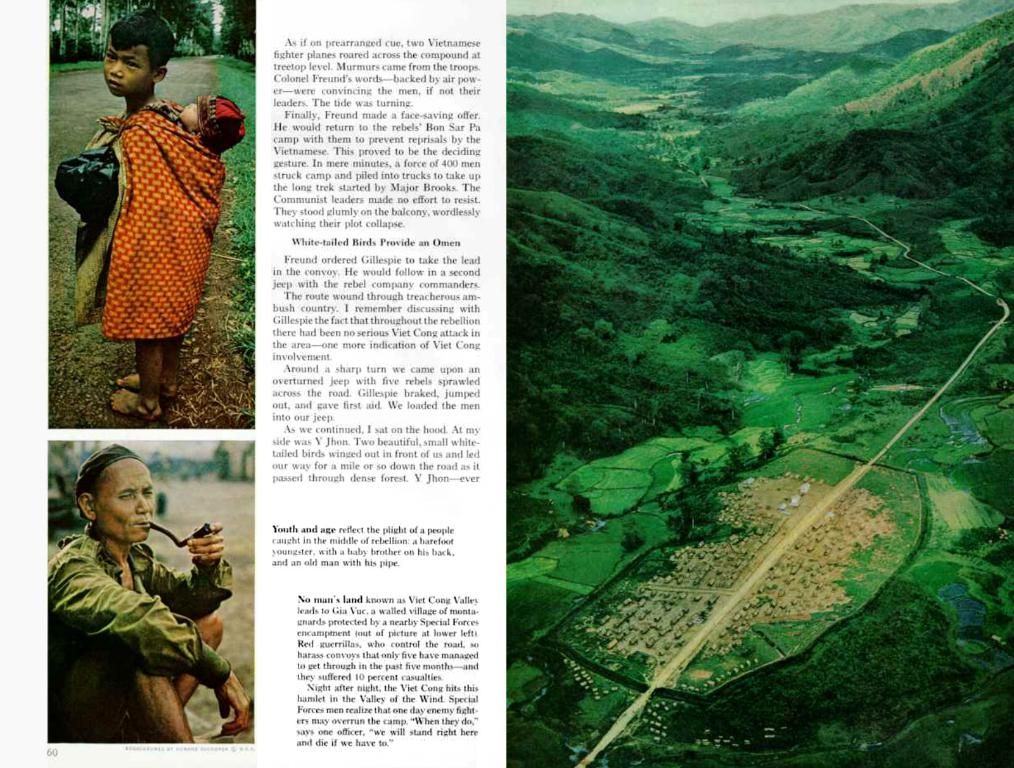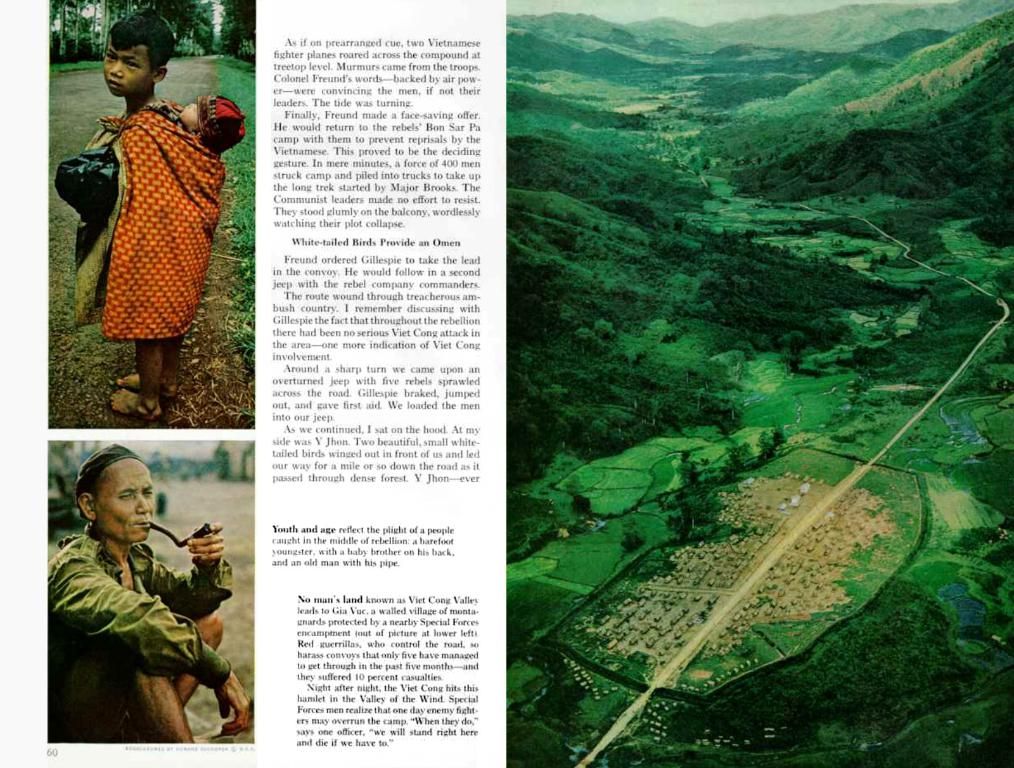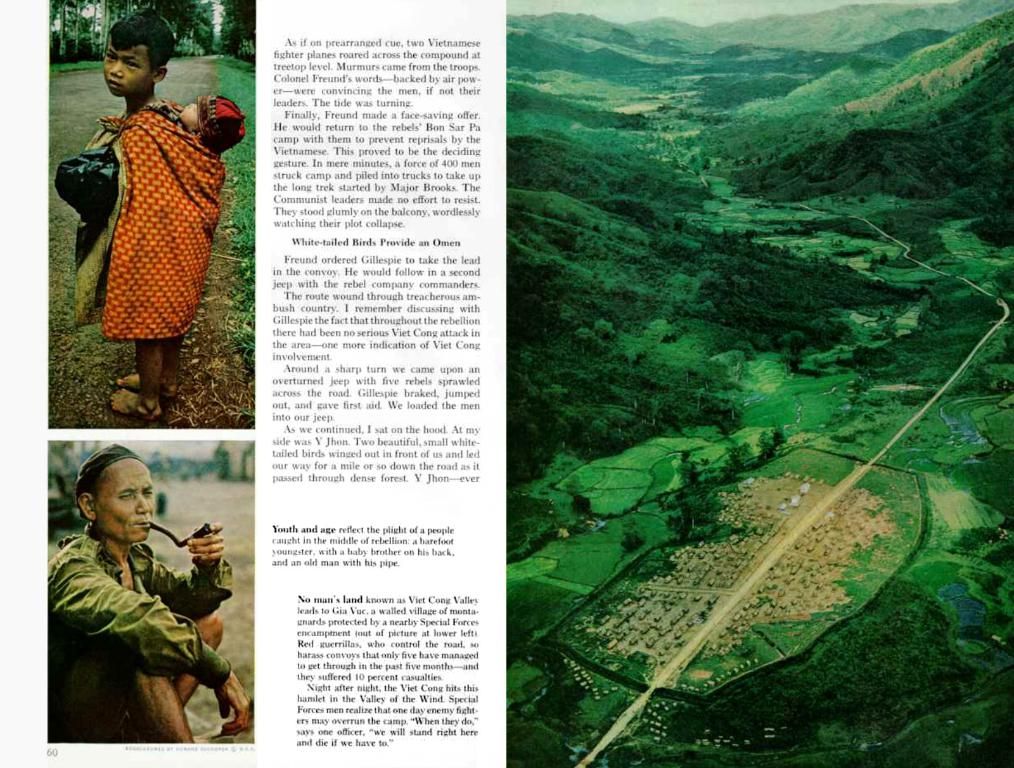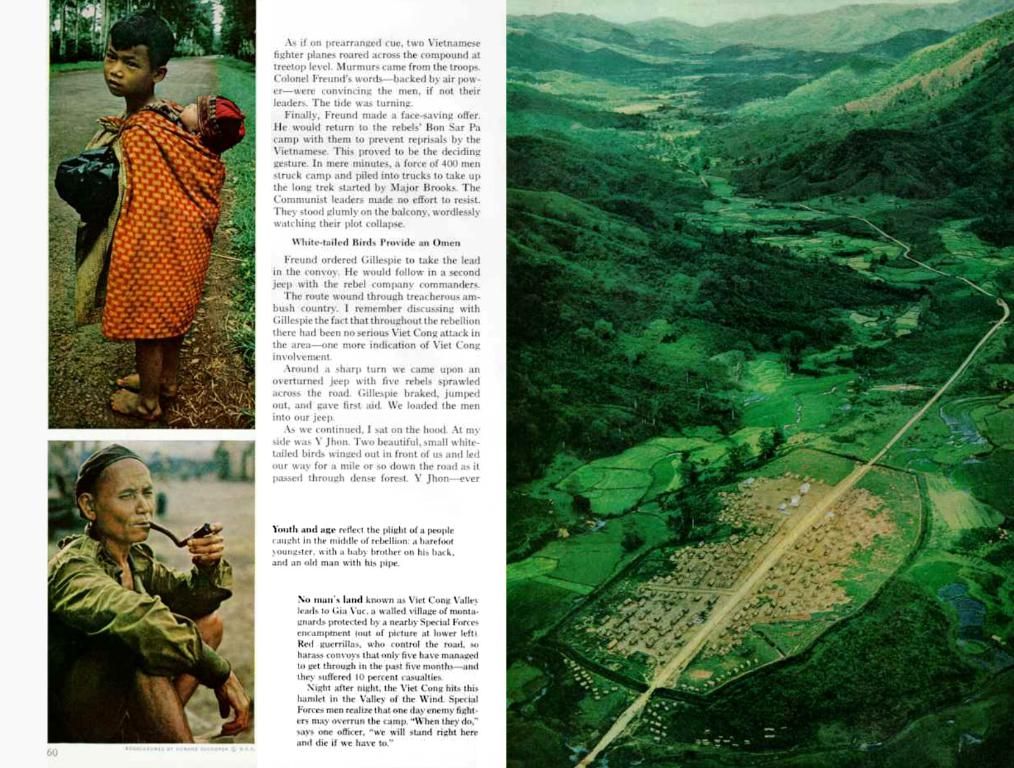Focuses on Eliminating Trade Barriers During Astana's ECO Leadership
FRESH TAKE:
ASTANA - With its current leadership of the Economic Cooperation Organization (ECO), Astana is aggressively working towards the eradication of trade hurdles and the improvement of logistics connectivity, as declared by Deputy Prime Minister and Chief of Staff of the Kazakh Government Galymzhan Koishybayev at the inaugural ECO Ministerial Forum on Sustainable Development held in Arkadag, Turkmenistan from April 27-29.
First ECO Ministerial Forum on Sustainable Development. Image Source: primeminister.kz
According to the Prime Minister's press service, Koishybayev underscored Kazakhstan's focus on standardizing trade norms and developing digital platforms to foster economic integration within the region.
During a meeting with Chairman of the Halk Maslahaty (People's Council) of Turkmenistan Gurbanguly Berdimuhamedov, Koishybayev expressed Kazakhstan's eagerness to establish a green corridor to expedite joint projects in industry, energy, transport and logistics, agriculture, and other sectors.
Koishybayev underlined that collaboration in the gas industry could be the cornerstone for fortifying bilateral economic partnership.
In a meeting with Iran's Vice President Hamid Pourmohammadi, both parties emphasized the rapid pace of their bilateral interactions at all levels, the robustness of their relationships in a multilateral setting, and the substantial potential for trading and economic synergy.
The conference attracted ministers, senior officials from ECO member states, representatives from international organizations, influencers from civil society, academia, and private sector players.
Formed in 1985, the ECO includes ten member states: Turkmenistan, Afghanistan, Azerbaijan, Iran, Kazakhstan, the Kyrgyz Republic, Pakistan, Tajikistan, Türkiye, and Uzbekistan.
INSIGHT:Kazakhstan's ECO leadership prioritizes trade barrier eradication and regional connectivity strengthening, with specific initiatives such as the green corridor to boost inter-sector collaboration. Key areas of focus during the ECO chairmanship encompass:
- Cross-border trade simplification: Kazakhstan aims to streamline customs regulations and reduce non-tariff issues[1][2].
- Digital and logistics integration: Efforts include harmonizing regional standards and creating digital platforms to facilitate commerce[1][2].
- Sustainable development syncing: The forum emphasized synchronizing national policies with the ECO's regional development strategies under the 2030 Agenda[2][3].
INSIGHT:The green corridor initiative proposed by Kazakhstan aims to accelerate joint initiatives in energy, transport, agriculture, and industry, particularly with Turkmenistan[1]. Gas industry collaboration is highlighted as a fundamental aspect for fostering bilateral economic partnerships[1]. The green corridor aligns with broader ECO goals to enhance policy coherence and sustainable infrastructure development[1][3].
INSIGHT:Kazakhstan has shown its dedication to multilateral dialogue, including aligning ECO efforts with the UN’s Sustainable Development Goals (SDGs) through initiatives like the new UN Regional Centre for SDGs in Central Asia[3]. Recent discussions also highlighted tourism collaboration, with plans for an ECO Tourism Forum in Aktau to boost sectoral integration[5].
- During the 2030 Agenda discussions at the ECO Ministerial Forum on Sustainable Development, Kazakhstan, as the current chairman, emphasized the importance of synchronizing national policies with regional development strategies.
- As Kazakhstan works towards the eradication of trade hurdles and the improvement of logistics connectivity, one proposed initiative is the launch of a green corridor, which aims to expedite joint projects in industries such as energy, transport, agriculture, and industry.
- Galymzhan Koishybayev, Deputy Prime Minister and Chief of Staff of the Kazakh Government, underlined Kazakhstan's business ambitions and the potential for robust trading and economic synergy during his talks with Iran's Vice President Hamid Pourmohammadi at the conference.


